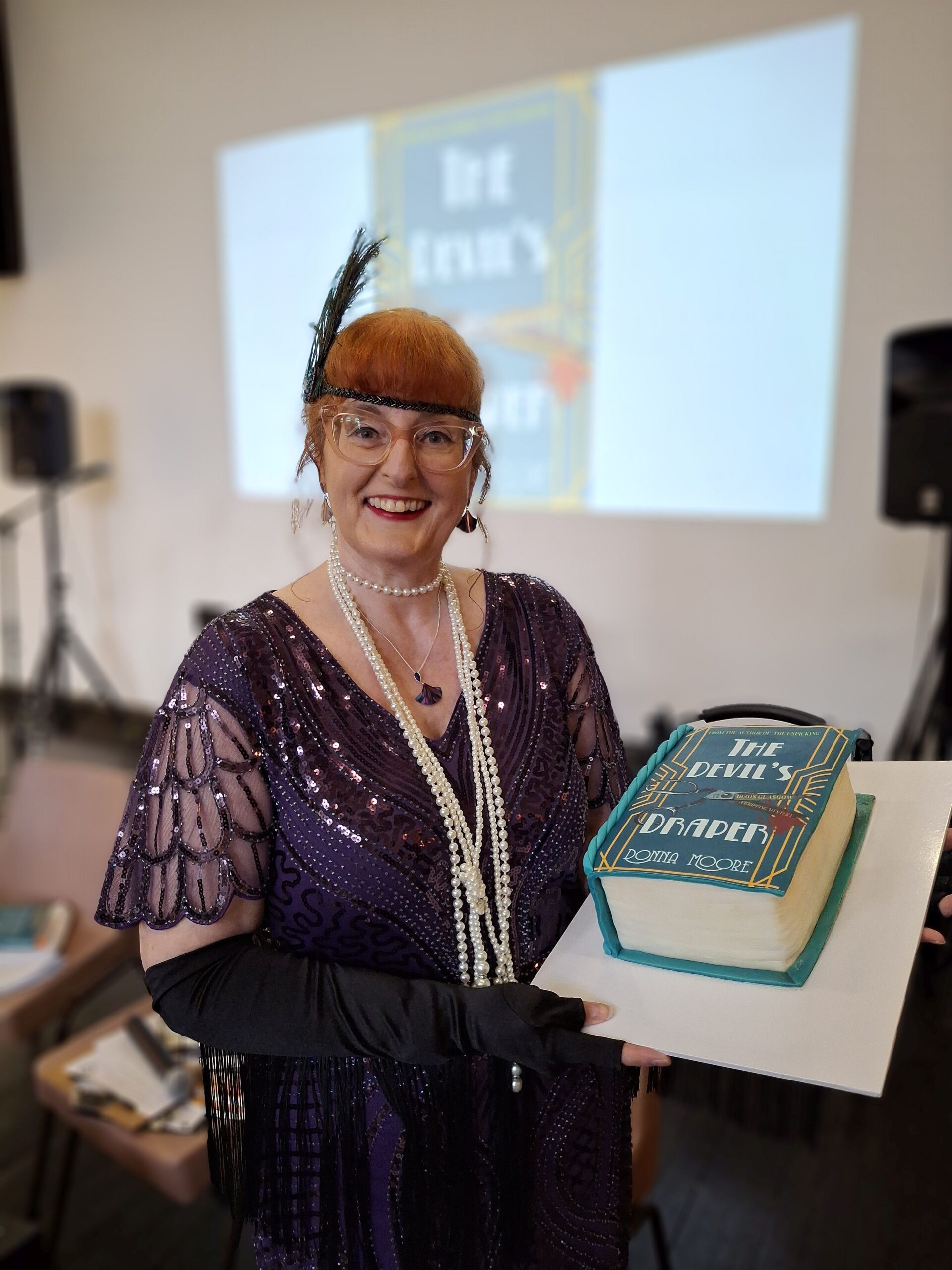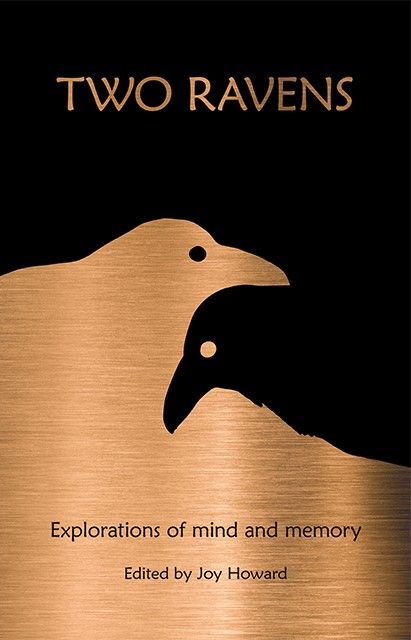The collection of the Scottish Abortion Campaign in Glasgow’s Women’s Library archives does not only include reports, letters and brochures, but also a great number of newspaper cuttings dedicated to women’s reproductive rights. One of the most interesting cases I have come across was the one about Victoria Gillick . This case was not only followed and commented on the press and media but also by organisations such as NAC (National Abortion Campaign) and SAC (Sottish Abortion Campaign) that were concerned that Gillick’s case could affect women rights.
The case became popular in the early 1980s when Victoria Gillick, a catholic and mother of five girls and five boys wrote to her Local Health Authority to make them promise that her under 16-year-old daughters would never be given contraceptive or abortion advice or treatment unless she agreed to it first. She also wanted them to be informed on her if they asked for contraceptives. When they refused, Gillick went to court. She tried to get the court to rule that:
- The DHHS notice allowing doctors to prescribe to under 16s is unlawful, and it is against her rights as a parent to decide what is right for her daughters.
- No doctor should be allowed to give any contraceptive or abortion advice or treatment to her daughters whilst they are under 16, without her knowledge.
Although, she lost the case in 1982, she went to court two years later and this time she won.
Of course, organisations fighting for women’s rights reacted immediately. SAC’s annual report from November 1985 shows that the Gillick ruling and the Powell Bill overshadowed all SAC’s activities that year. They arranged several meetings in Edinburgh for the YMCA about the case and were actively engaged in petitioning and handing out leaflets.
In an article published in the Scotsman on the 29th of April 1985 Alan Hutchson wrote that although the court’s decision for the case of Gillick did not include Scotland because it was brought under English law, doctors from Edinburgh claimed that the decision affected Scotland as well. Hutchson wrote that very quickly doctors noted that the number of pregnancies in Scotland increased. In the article doctor Judith Bury highlighted that in Scotland doctors were entitled to give medical treatment without parental consent to girls over 12 and boys over 14. Yet, many teenagers were scared to visit clinics because they thought that their parents would be informed.
Gillick’s case shows how easily reproductive rights might be affected even if the law does not change in some parts of the country. This example shows that the organisations dedicated to reproductive rights did not focus exclusively on the abortion campaign. The Gillick case is a great example of how complex the discussion about contraception is, and who is allowed to use it. The leaflets created by NAC, also distributed in Scotland by SAC, criticising the court’s decision, highlight the fact that people under 16 are people not property. They claimed that not giving help to teenage girls will not stop them from having relationships and that young women need the same help and medical support as every other woman.





